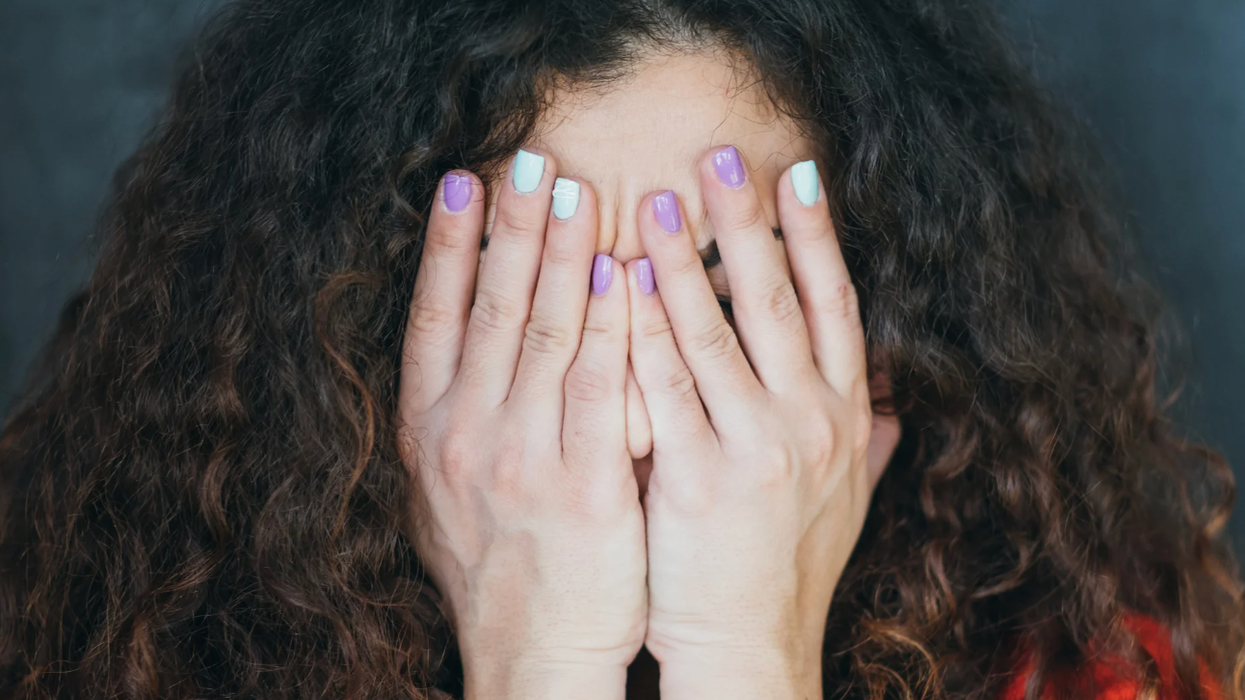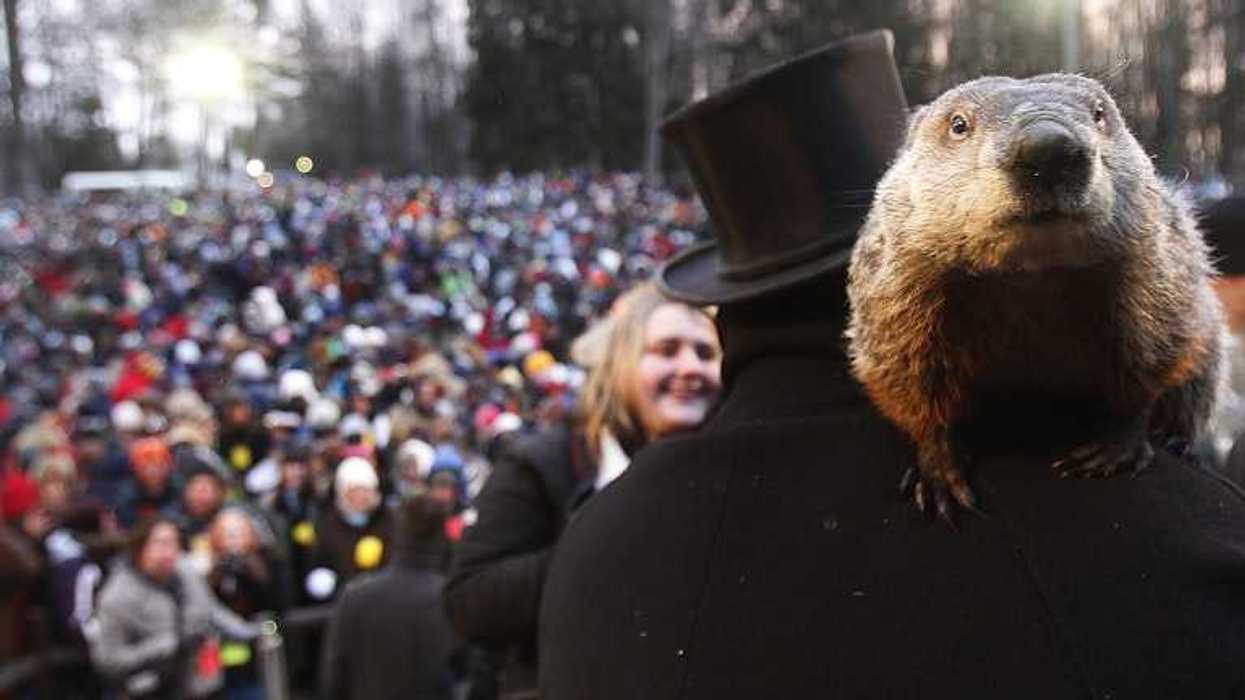One of the most universal yet avoided experiences a human can feel is embarrassment. No matter how we try to avoid it, it happens whether it was tripping and taking a fall at work as an adult or not making it to the potty in time as a small child. Embarrassment feels so uncomfortable and awkward that one would think it should be avoided at all costs, yet psychologists and experts believe that in contrast with how embarrassment feels, it’s good for you.
According to research, embarrassment is a key function in social dynamics within humans. Have you ever seen someone make a fool of themselves and felt embarrassed on their behalf? That’s the social function of embarrassment in play. Embarrassment creates a sense of empathy and camaraderie among people. While no one likes the feeling that embarrassment brings, it builds harmony among communities because both the person who did the embarrassing act and the people around them unite in thinking “that shouldn’t have happened.”
@thequistfamily The panic in her eyes🤣🤣 #funny #couple #boyfriend #wife #prank #thequistfamily
These studies also reveal that if you show embarrassment after a faux pas people tend to trust you more than those who try to mask it or not respond to it. It makes sense since showing the signs of embarrassment such as blushing is a built-in admission that something went wrong ever since the first people created societies among them. Seeing an embarrassed person invites empathy and creates connection between the embarrassed person and the witnesses. It creates opportunities for forgiveness and cooperation as well. After all, helping an embarrassed person encourages them to help you in return at some point, right? Embarrassment is a nonthreatening way for everyone who witnesses the faux pas to reinforce social norms and why.
- YouTube youtu.be
Compare that with a person who does something embarrassing and yet shows no sign of it. For the witnesses of the embarrassing event, it leads to two possible conclusions: 1) the person doing the embarrassing act is covering it up or making excuses rather than owning it, making them appear less trustworthy; 2) the person meant to do the embarrassing act which totally paints their character in a certain negative light as a fool (if they tripped, for example) or worse (if they said something offensive).
While embarrassment is in general “good,” it still doesn’t feel good. So, what’s the best way to handle an embarrassing situation? Experts and psychologists have different tips on how to address embarrassing moments.
@art_for_feeling How to handle embarrassment. 3 seps from @ Jefferson Fisher #insporation #power
Your best reaction depends on the situation, but many methods can work to ease embarrassment. Doing a brief acknowledgement like “oops” or “I’m sorry” tends to clue everyone in that you know what happened and everyone can move on. Doing a quick joke or acknowledging the embarrassing moment in good humor also eases tension. Whatever method you choose, the experts agree that it’s best to confront the embarrassment rather than avoid it or ignore it. After all, for the most part, people will comfort you and then move on afterward if you do the same for yourself. If you are a person who tries to let go of embarrassment and can’t, or you have the fear of embarrassment be at the forefront of your thoughts, you may want to consider counseling to see what other tools are available to help you manage it.
So the next time there is a flub at work or a party, it's best to see it as a learning opportunity, a means to showcase your character to others, and a moment to build community.


















 Revenge can feel easier than forgiveness, which often brings sadness or anxiety.
Revenge can feel easier than forgiveness, which often brings sadness or anxiety. 
 In the past two years, two malaria vaccines have become available for babies starting at 5 months of age.
In the past two years, two malaria vaccines have become available for babies starting at 5 months of age. By exploiting vulnerabilities in the malaria parasite’s defense system, researchers hope to develop a treatment that blocks the parasite from entering cells.
By exploiting vulnerabilities in the malaria parasite’s defense system, researchers hope to develop a treatment that blocks the parasite from entering cells. Created with
Created with 

 Volunteers who drive homeless people to shelters talk with a person from Ukraine in Berlin on Jan. 7, 2026.
Volunteers who drive homeless people to shelters talk with a person from Ukraine in Berlin on Jan. 7, 2026.
 Tasks that stretch your brain just beyond its comfort zone, such as knitting and crocheting, can improve cognitive abilities over your lifespan – and doing them in a group setting brings an additional bonus for overall health.
Tasks that stretch your brain just beyond its comfort zone, such as knitting and crocheting, can improve cognitive abilities over your lifespan – and doing them in a group setting brings an additional bonus for overall health. Overdoing any task, whether it be weight training or sitting at the computer for too long, can overtax the muscles as well as the brain.
Overdoing any task, whether it be weight training or sitting at the computer for too long, can overtax the muscles as well as the brain.

 Amoxicillin is a commonly prescribed broad-spectrum antibiotic.
Amoxicillin is a commonly prescribed broad-spectrum antibiotic.  Chart: The Conversation, CC-BY-ND
Chart: The Conversation, CC-BY-ND
 Counterintuitively, social media can make you feel more bored and lonely.
Counterintuitively, social media can make you feel more bored and lonely. Talking about what you’ve read can add a social dimension to what can be a solitary activity.
Talking about what you’ve read can add a social dimension to what can be a solitary activity.